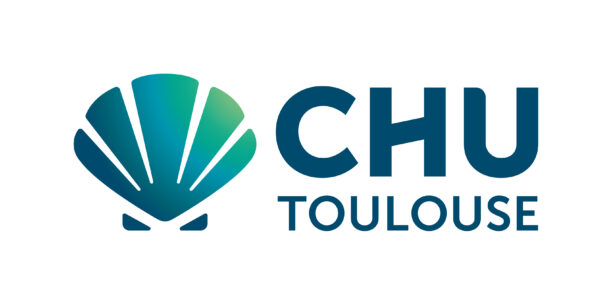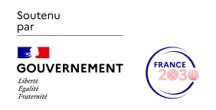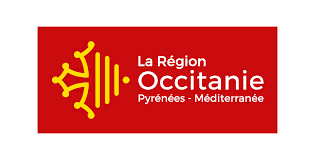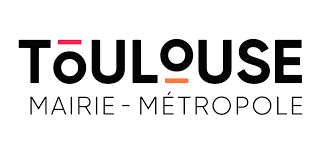The Toulouse University Hospital (CHU)
The Toulouse University Hospital Centre (CHU), France’s 4th largest hospital, is a health and university institution anchored in the city of Toulouse and the Occitanie region. As such, it fulfils public service missions in healthcare and prevention, treating all patients without discrimination, training the professionals of tomorrow, and contributing to innovation and research in healthcare.
Key figures:
- One of the largest employers in the region, with 16,000 professionals
- 300,000 inpatients and 1 million consultations per year
- More than 1,600 scientific publications per year
- 2,530 ongoing research projects
For more information: www.chu-toulouse.fr
INSERM (French National Institute for Health and Medical Research)
Created in 1964, INSERM is a national public scientific and technological institution dedicated to biological and medical research and human health.
Key figures:
- 12,000 scientific publications in 2022
- 269 research units
- 14,180 employees
In the Occitanie Pyrénées region, Inserm manages 7 joint research units, 1 accredited research team, 1 clinical investigation centre and 2 joint service units, all located in Toulouse. Nearly 1,200 people (excluding doctoral and post-doctoral students), including 560 permanent and contract Inserm staff, work in these structures.
For more information: www.inserm.fr
Toulouse III University – Paul Sabatier
Toulouse III – Paul Sabatier University has its origins in the 13th century and was officially born in 1969 from the merger of the faculties of medicine, pharmacy and science. The diversity of its laboratories and the quality of its training in science, health, sport, technology and engineering have ensured its scientific influence for more than 50 years and place it among the world’s leading universities. It is recognized among the 300 best establishments for its scientific performance by the international ranking of the National Taiwan University (NTU ranking).
Key figures:
- 37,000 students
- 68 research structures
For more information: www.univ-tlse3.fr
